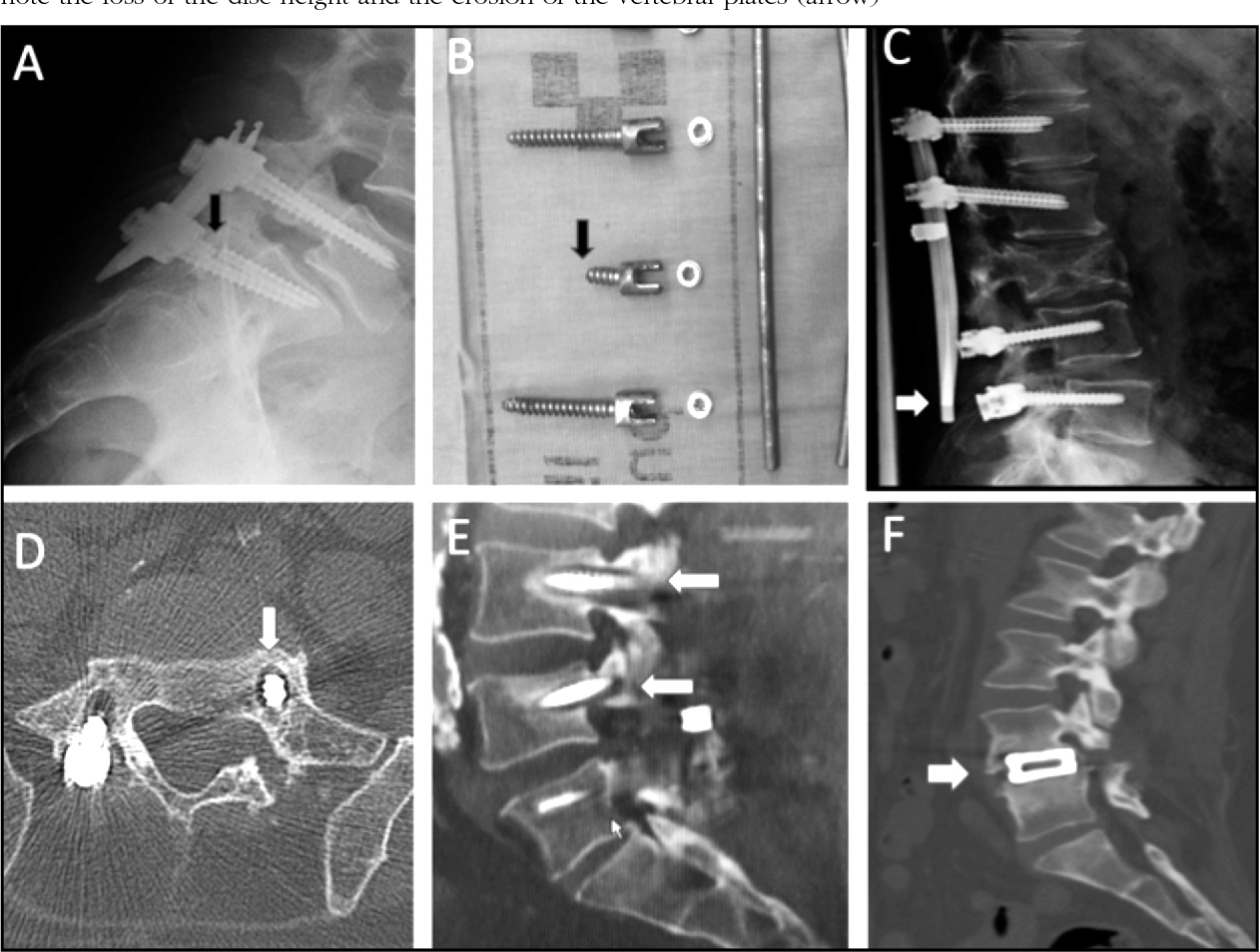Lajpat Nagar Metro Station, Block M, New Delhi, 110024
|096506 82102

Surgery for Osteoporotic Spine : An Overview
Surgery for the osteoporotic spine involves various minimally invasive
procedures aimed
at addressing fractures and instability caused by osteoporosis. Surgeons typically
perform these procedures in the interlaminar window, a gap between the spinal bones. An
access port or obturator, along with an endoscope equipped with a working channel, is
utilized to pass instruments during the surgery. The size of the entire port is
customized according to the specific requirements of each patient's condition.
Regardless of the specific surgical approach, techniques such as the
key-hole or
muscle-sparing technique are employed to minimize tissue damage and facilitate faster
recovery. The primary goals of these surgeries include removing disc fragments,
decompressing nerve roots, and stabilizing the spine to alleviate pain and restore
function.
When Do You Need Surgery for Osteoporotic Spine?
Our primary treatment modalities include pain medication and physiotherapy following the diagnosis of your condition. Our spine specialists may recommend additional treatments if these initial approaches fail to deliver the desired outcomes. Early intervention is recommended for the following symptoms:
- 1. Foot drop or leg weakness
- 2. Bowel or bladder dysfunction
- 3. Advancing numbness
- 4. Debilitating pain hampering routine activities
- 5.Progressive and recurrent pain after partial improvement
- 6.Lack of improvement or progression of symptoms despite conservative therapy.
→Pre-Surgical Care For Osteoporotic Spine
Surgery
→ What to Expect During Osteoporotic Spine
Surgery
→Guidelines For Post-Surgical Care After
Osteoporotic Spine Surgery
Although osteoporotic spine surgery is a minimally invasive procedure, it requires adequate pre-operative measures to ensure your safety and the procedure's success.
- Consult your doctor for an overall health and fitness checkup prior to your surgery appointment.
- Inform your doctor of the medications you are following. Your doctor may advise you to refrain from taking blood thinners and other medicines before the surgery.
- Your specialist at shall review your condition and discuss the details of surgery, including physiotherapy, medications, and other surgeries to remove diseased or fusion discs.
- Refrain from taking any food or drink after your dinner the night prior to the surgery day. (Typically after 10 pm).
- You will receive general anesthesia to ensure the procedure is pain-free and convenient for you.
- Inclusive of the anesthesia time (in and out), positioning time (in and out), skin preparation, and procedure, the entire surgery will take a few hours.
- Once the procedure is complete, your doctor will help you recover from the anesthetic effect.
- You will be wheeled to the recovery room and kept under observation for an hour, after which you will be shifted to the ward.
- You might experience post-operative pain. Our doctors will prescribe adequate analgesics for that.
- Our goal is to mobilize you and get you back on your feet the same day. Our physiotherapy team shall give you all the guidance and encouragement you need.
- Any urinary catheters placed during the surgery (for some cases) will be removed once you are mobile.
- You may experience some stiffness or soreness in the operated site. You may also experience numbness in your legs. However, these side effects will gradually subside.
- Your post-operative hospital stay depends on your recovery process. However, most patients return home the following day.
- Our clinical team will dress your wound with a waterproof dressing and guide you on changing it every alternate day.
- Kindly schedule follow-up appointments after Week 1, Week 6, and six months after your surgery.
- Make things convenient for yourself at home. Keep your personal items and medications within reach to avoid straining your back.
- Maintain an organized atmosphere by removing any clutter or furniture that may cause unwanted accidents.
- Arrange for a family member or friend to provide post-surgical care after your return home.
Understanding Osteoporotic Spine Surgery
Unlike
traditional procedures, osteoporotic spine surgery is tailored to address
bone fragility associated with osteoporosis. It aims to stabilize the spine
and prevent fractures, thereby reducing the risk of further complications.
Osteoporotic spine surgery is generally considered safe, but like any
surgery, it carries some risks, including:
- Infection
- Bleeding
- Nerve damage
- Failure to achieve desired results
The duration of
osteoporotic spine surgery varies depending on the complexity of the
procedure and the number of levels involved. On average, it can take several
hours to complete. After surgery, patients may require a hospital stay for
monitoring and initial recovery before returning home.
